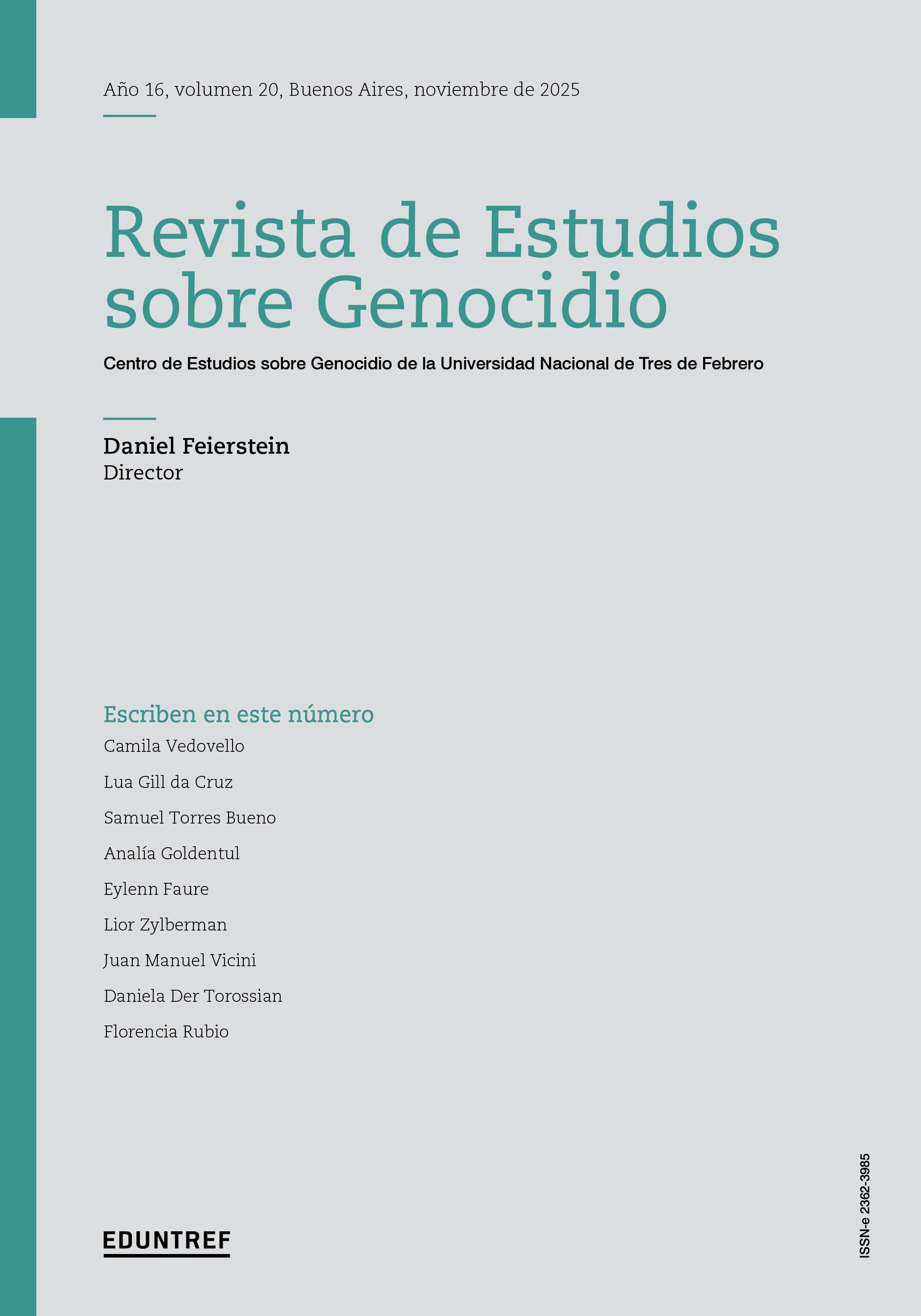Abstract
The release of the film The Zone of Interest (Jonathan Glazer, 2023) revitalized the debate on the representation in cinema of both the Holocaust and its perpetrators through the use of off-screen space. It is, then, off-screen space from the perpetrator's perspective that I aim to explore here as a way of representing perpetrators in film. To do so, rather than conducting an exhaustive analysis, I will take an exploratory approach, examining a series of films to consider the use of off-screen space as a strategy for portraying the psychology of the perpetrator. The films I will analyze are Good (Vicente Amorim, 2008), Pasazerka (Andrzej Munk, 1963), Aus einem deutschen Leben (Theodor Kotulla, 1977), and the aforementioned The Zone of Interest. In a similar vein to this exploratory cinematic approach, I will draw on certain aspects addressed by Robert Jay Lifton and the contributions of Stanley Cohen to examine the concept of “states of denial”, a compelling tool for investigating the everyday life of the perpetrator as a “professional of death.”

This work is licensed under a Creative Commons Attribution-NonCommercial 4.0 International License.


